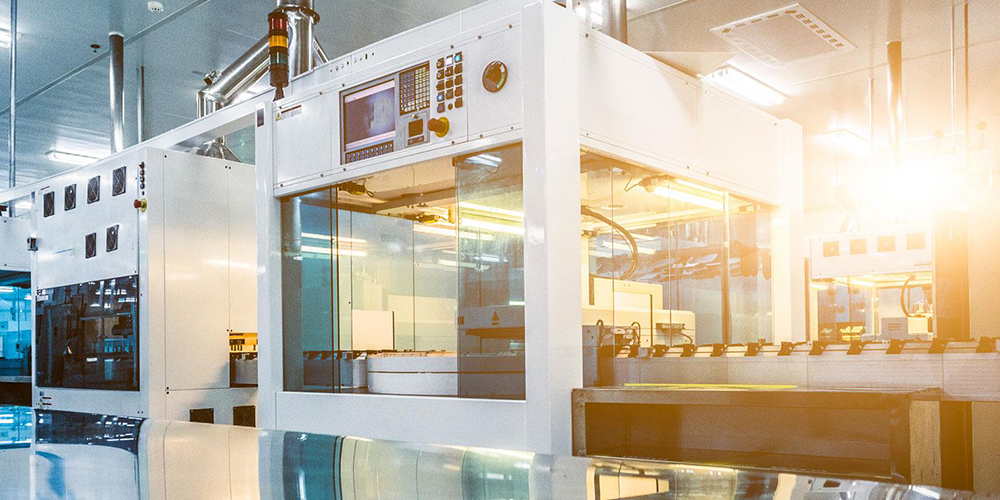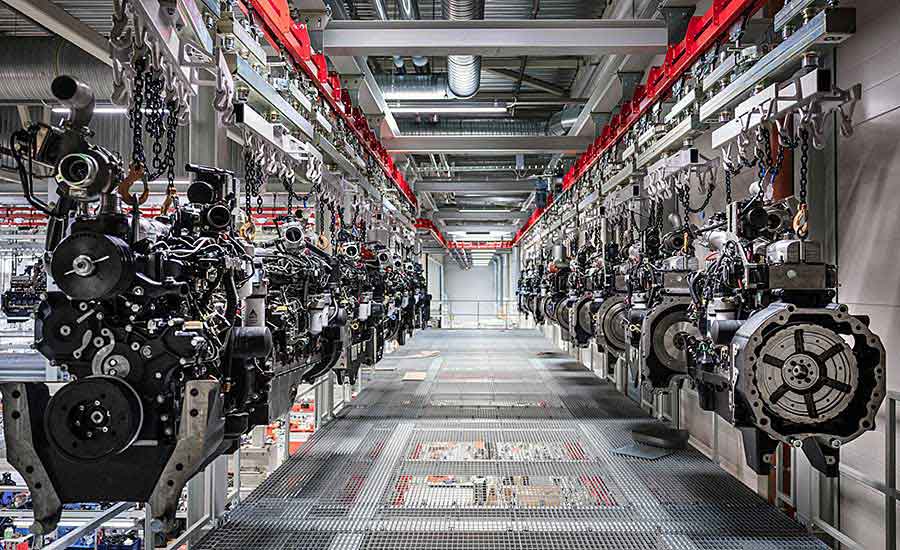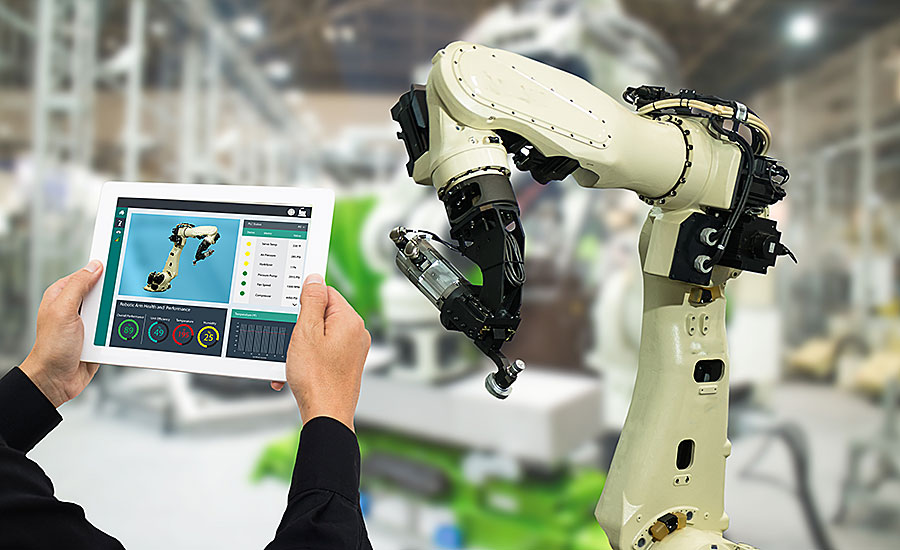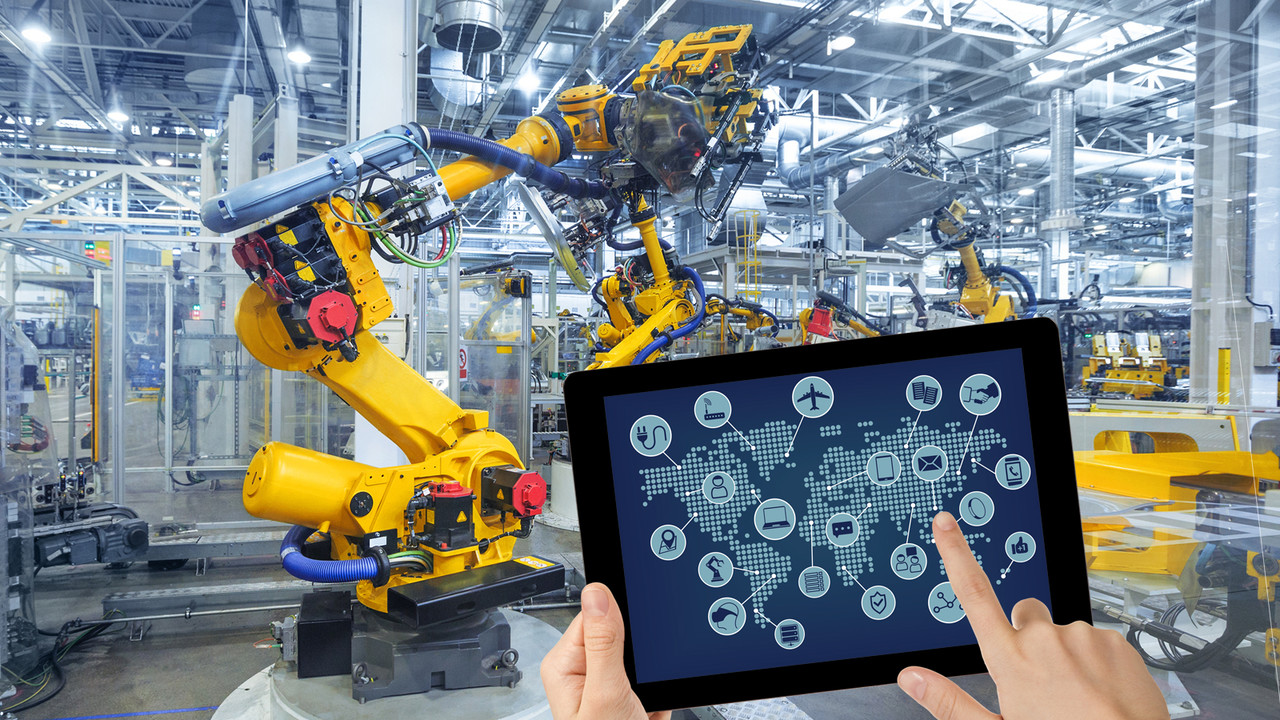Manufacturing Needs Smart Machines To Grow
- Industrial Internet of Things (IIoT) presents integration architecture challenges that once solved can enable use cases that deliver fast-growing revenue opportunities.
- ISA-95 addressed the rise of global production and distributed supply chains yet are still deficient on the issue of data and security, specifically the proliferation of IIoT sensors, which are the real security perimeter of any manufacturing business.
- Finding new ways to excel at predictive maintenance, and cross-vendor shop floor integration are the most promising applications.
- IIoT manufacturing systems are quickly becoming digital manufacturing platforms that integrate ERP, MES, PLM and CRM systems to provide a single unified view of product configurations.
- Capturing IIoT’s full value potential will require more sophisticated integrated approaches than current automation protocols provide. IIoT manufacturing systems are quickly becoming digital manufacturing platforms that integrate ERP, MES, PLM and CRM systems to provide a single unified view of product configurations and support the design-to-manufacturing process. Digital manufacturing platforms are already enabling real-time monitoring to the machine and shop floor level. The data streams real-time monitoring is delivering today is the catalyst leading to greater real-time analytics accuracy, machine learning adoption and precision and a broader integration strategy to the PLC level on legacy machinery. Please click on the graphic to expand for easier reading.

- Inconsistent data structures at the machine, line, factory and company levels are slowing down data flows and making full transparency difficult to attain today in many manufacturers. Smart machines with their own operating systems that orchestrate IIoT data and ensure data structure accuracy are being developed and sold now, making this growth constraint less of an issue. The millions of legacy industrial manufacturing systems will continue to impede IIoT realizing its full potential, however. The following graphic reflects the complexities of making an IIoT platform consistent across a manufacturing operation. Please click on the graphic to expand for easier reading.

- Driven by price wars and commoditized products, manufacturers have no choice but to pursue smart, connected machinery that enables IIoT technology stacks across shop floors. The era of the smart, connected machines is here, bringing with it the need to grow services and software revenue faster than transaction-based machinery sales. Machinery manufacturers are having to rethink their business models and redefine product strategies to concentrate on operating system-like functionality at the machine level that can scale and provide a greater level of autonomy, real-time data streams that power more accurate predictive maintenance, and cross-vendor shop floor integration. Please click on the graphic for easier reading.

- Machines are being re-engineered starting with software and services as the primary design goals to support new business models. Machinery manufacturers are redefining existing product lines to be more software- and services-centric. A few are attempting to launch subscription-based business models that enable them to sell advanced analytics of machinery performance to customers. The resulting IIoT revenue growth will be driven by platforms as well as software and application development and is expected to be in the range of 20 to 35%. Please click on the graphic to expand for easier reading.

Original Source: Delmiaworks.com

